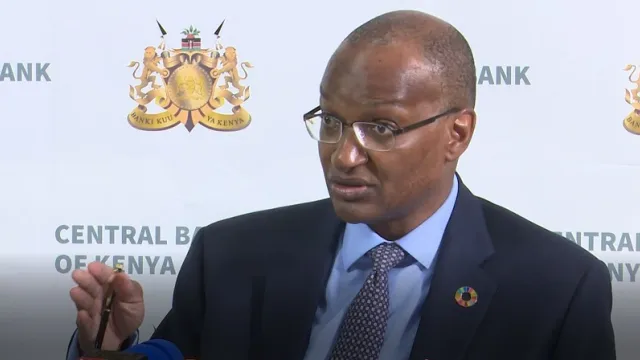Why picking out good from bad borrowers will be tough job for banks

Why picking out good from bad borrowers will be tough job for banks
For the next one year, banks could find it hard to make a distinction between the good and bad borrowers, the Central Bank has warned.
The development came as the banking industry regulator made recommendation for the suspension of listing for a year for borrowers, who have defaulted on loans less than Kes5 million, up to September 30, next year.
The offer is, however, applicable for borrowers whose loans were performing previously, but have become non-performing from October 1, this year.
The banking industry uses credit information sharing tool to bridge the information gap about borrowers’ creditworthiness by considering one's credit history and allowing loans to be priced accordingly.
A good credit record demonstrates the borrower’s better score on their creditworthiness and should therefore lead to a lower cost for loans sought.
"This could lead to rationing of credit, as was evident during the period of interest rate caps from 2016-2019," CBK noted in a statement.
Read also: Kenya capital markets smaller in a rebased economy
The suspension of listing of MSMEs and other borrowers for a specified duration is meant to give them room to turn around their businesses and resume the servicing of their loans.
Between April 1st and September 30, last year, CBK suspended the sharing of borrowers' negative information with Credit Reference Bureaus (CRB) in a move aimed at mitigating the economic fallout from COVID-19 pandemic.
Loans that were being serviced, but became non-performing during that period would not lead to a “blacklisting” of the borrowers, CBK clarified.
The latest move is one of the measures announced on October 20, 2021, by President Uhuru Kenyatta in light of the tough economic climate caused by the coronavirus pandemic.
The suspension from listing seeks to shield thousands of Micro, Small and Medium Enterprises in Kenya from adverse impact where banks may opt to auction them for failure to pay loans.
Banks in Kenya have embraced a risk-based loan pricing system that usually considers borrowers’ credit reports before providing loans.
CRBs usually generate borrowers’ credit score that lenders can use to assess their creditworthiness.
Any bad report due to default in the servicing of loans usually dents one's creditworthness.



